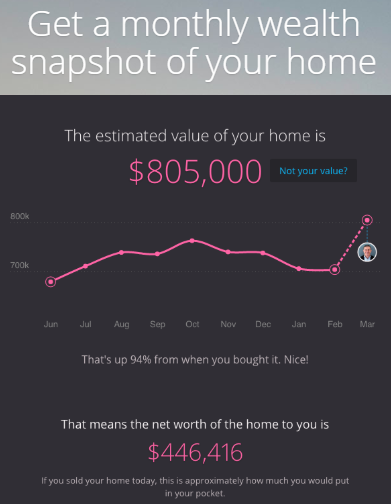Posted by Jason Wheeler | Fully Follow Me | Subscribe
Guest post by Kevin Pearia
 Tips to Secure a VA Home Loan with Imperfect Employment History
Tips to Secure a VA Home Loan with Imperfect Employment History
The mortgage meltdown seen in recent years made securing a home loan more difficult than most people can remember. Conventional lenders tightened lending requirements, which made it nearly impossible for many veterans to achieve eligibility due to the high credit scores and large down payments required.
Government backed programs, such as the VA Home Loan program, then became the go to lending product for interested homebuyers due to the lenient eligibility requirements given to veterans and active duty service members. In spite of these lenient eligibility requirements, the program does have a few income and credit requirements that often make veterans question their ability to qualify. However, these are general guidelines for lending; they don’t dictate which veterans can and cannot receive a loan.
Employment History
The VA Home Loan program generally requires that a prospective borrower have two years of steady employment in order to secure a loan. However, for veterans, providing documentation of a steady 2-year income isn’t always easy. VA-approved lenders understand that securing a job after service can lead to a short employment record, and are willing to work with those recently discharged.
In order to grant approval, most underwriters will make sure that a veteran’s service record indicates that they have skills beyond service and that they will be able to keep their recently acquired job.
Proof of Stable Income
In conjunction with providing proof of 2 years of steady employment, VA-approved lenders also prefer to see proof of a stable income in the form of 2 years’ worth of tax returns. For traditionally employed veterans, this is fairly easy. However, many self-employed veterans may struggle with providing this proof.
In fact, to receive all benefits possible, self-employed veterans should wait 2 years from the time they start their business to apply for a home loan. However, if their business has become highly profitable, they may apply and provide strong paperwork indicating the company’s revenue to prove that they will be able to cover the cost of the mortgage.
Foreclosure and Bankruptcy
The last few years hasn’t exactly been financially easy. The cost of living has continued to increase while wages have stayed the same or become non-existent due to layoffs. Because of the struggling economy, many homeowners were forced to declare bankruptcy or foreclosure.
For many, declaring bankruptcy or foreclosure seems like the end of the road. They believe that obtaining financing in the future will be impossible. However, as long as prospective borrowers can prove that they are back on the right track financially, have not taken out any other large loans, and have allowed at least 18 months to pass since their declaration, they may still be approved for a loan.
If you are interested in securing a VA home loan, contact your local VA home loan specialist to have any additional questions answered or for pre-approval.
Kevin Pearia is a mortgage commentator for Veterans United Home Loans, the nation’s leading dedicated provider of VA home loans







Leave Me a Quick Comment or Note